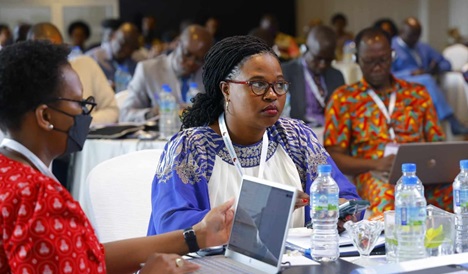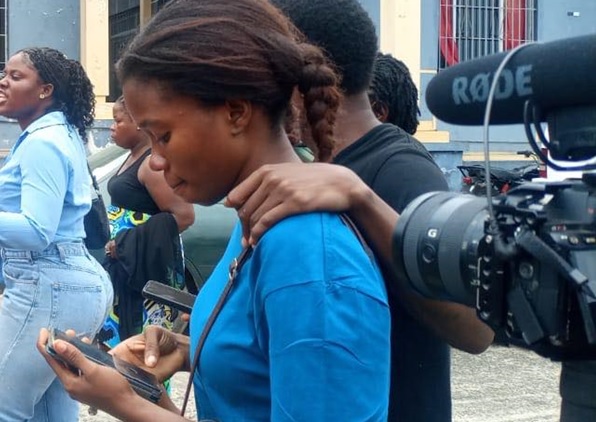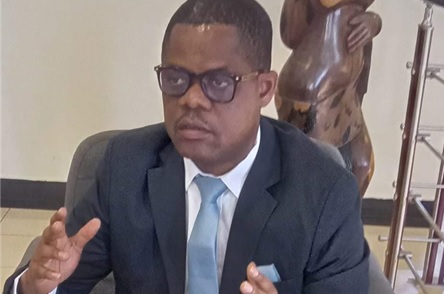As part of its mission of supporting churches in Africa to interpret and respond to challenges to human dignity; and act prophetically in word, life, and services for healing, the AACC has convened 50 African Christian theologians and religious leaders for a high-level Dialogue on Sustainable Population Growth and Development in Africa. The 4 days Dialogue opened yesterday, 16th April 2024 at Golden Tulip Hotel, Addis Ababa, Ethiopia.
AACC recognizes that Africa’s unsustainable high population growth is a result of many families not practicing family planning partly due to controversies arising from contesting interpretations of some biblical passages on human procreation.” Expressed Rev. Dr. Lydia Mwaniki, AACC’s Director for Gender and Women.
Africa is the second largest and second most populous continent on earth after Asia with an average population growth rate of 2.36% and it is predicted that the continent’s population will grow to 2.4 billion people by 2050. The Challenge is that the population growth in Africa is not commensurate with the ability of African governments to provide their people with basic social services, and where social services are provided, sustainability is difficult. As a result, the quality of life for most people in Africa is below the desired standard.
This undermines human dignity by accelerating irregular migration and human trafficking, Gender Based Violence (GBV), upsurge in crimes, unemployment, underemployment, persistent poverty, among other challenges impeding the continent’s sustainable development.
“I hope that this meeting will strengthen the collaboration between faith actors, expert groups, and institutions in addressing issues of Population growth and demographic dividends in Africa.” Said Rev. Dr. Lesmore Ezekiel as he opened the dialogue of behalf of the AACC General Secretary, Rev. Dr. Fidon Mwombeki.
The keynote speaker, Rev. Dr. Bishop Vicencia Kgabe, the Anglican Bishop of Lesotho, emphasized that much the population is growing, the land and resources that God created are not increasing, a fact that makes planning an inevitable need.
“I want to understand how faith and science can work together to foster Africa’s sustainable Population Growth, and what I can do as a youth leader to address misconceptions on family planning among the young people in my church and country.” Said Mr. Grace Mongo-Bouya, one of the youth participants from Central Africa.







